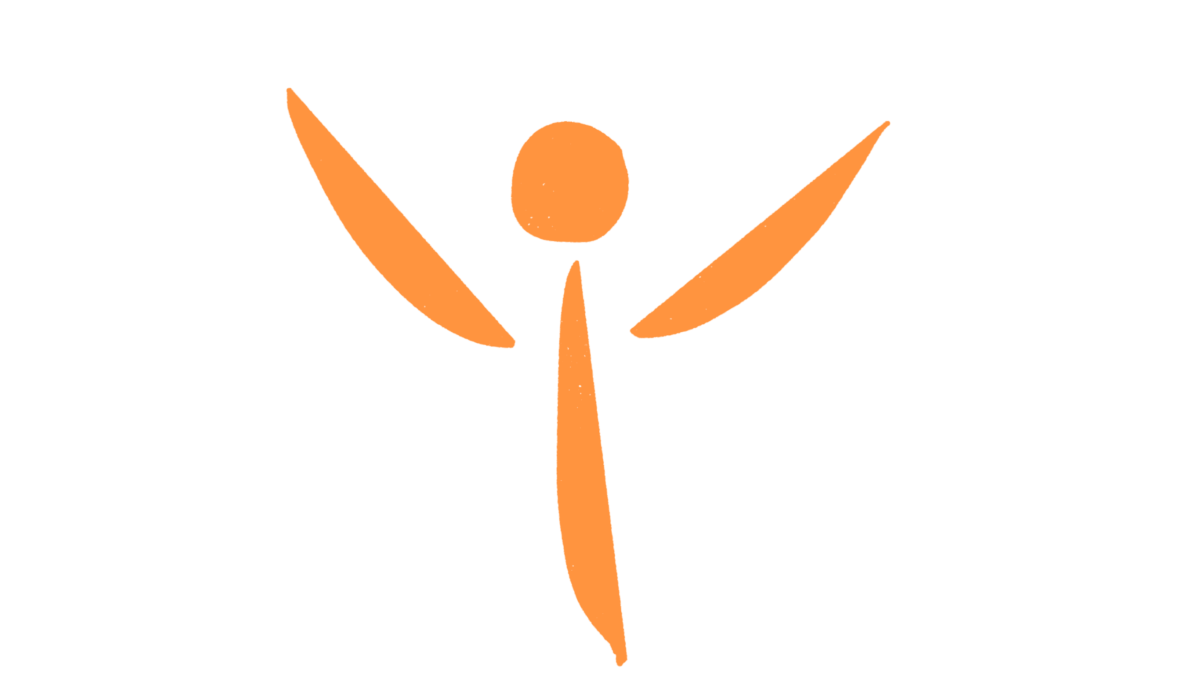In the journey to becoming you, a major influence is the beliefs we form early in life.
For example, a belief held by many people that holds them back in life is “I’m not good enough”. Think about beliefs you learned as a child. See the information below
When did you learn these / beliefs / lenses?
How old were you?
The following is a synopsis from Transactional Analysis (TA) on childhood scripts known as injunctions and drivers


Figure 1 The Drowning Man
See detail http://www.activatetherapy.co.uk/single-post/2017/05/01/On-being-a-lifeguard
TA identifies twelve key injunctions which people commonly build into their scripts. These are injunctions in the sense of being powerful “I can’t/mustn’t …” messages that embed into a child’s belief and life-script:
• Don’t be (don’t exist)
• Don’t be who you are (Don’t Be You)
• Don’t be a child
• Don’t grow up
• Don’t make it in your life (Don’t Succeed)
• Don’t do anything!
• Don’t be important
• Don’t belong
• Don’t be close
• Don’t be well (don’t be sane!)
• Don’t think
• Don’t feel.
In addition, there is the so-called episcript:
“You should (or deserve to) have this happen in your life, so it doesn’t have to happen to me.” (Magical thinking on the part of the parent(s).)
Against these, a child is often told other things he or she must do. There is debate as to whether there are five or six of these ‘drivers‘:
• Please me/others!
• Be perfect!
• Be Strong!
• Try Hard!
• Hurry Up!
• Be Careful! (is in dispute)
Thus in creating his script, a child will often attempt to juggle these, example: “It’s okay for me to go on living (ignore don’t exist) so long as I try hard”.
This explains why some change is inordinately difficult. To continue the above example: When a person stops trying hard and relaxes to be with his family, the injunction You don’t have the right to exist which was being suppressed by their script now becomes exposed and a vivid threat. Such an individual may feel a massive psychological pressure which he himself doesn’t understand, to return to trying hard, in order to feel safe and justified (in a childlike way) in existing.
Driver behaviour is also detectable at a very small scale, for instance in instinctive responses to certain situations where driver behaviour is played out over five to twenty seconds.
Broadly speaking, scripts can fall into Tragic, Heroic or Banal (or Non-Winner) varieties, depending on their rules.
Now think about this:-
What might you have ‘Learned’ as a child, that maybe holding you back today?
What if you could change the belief? Create a new lens to look at reality, what would that belief be?
What do you now have to learn?
Remember when you hold a belief about something, you are right! And you have evidence to back it up.
The beliefs talked about above are not easy to change, just begin by noticing when they ‘Kick in’.
Perhaps practice changing a less deeply seated belief and notice what thinking comes up when you do
E.g. I can’t walk into a room of ‘friendly’ strangers and talk to someone
Change the belief and you will be right about the new way! and build evidence to back that up.
#feelthefearanddoitanyway. I will come back to this Hashtag


3 thoughts on “Beliefs we may learn early in Life”